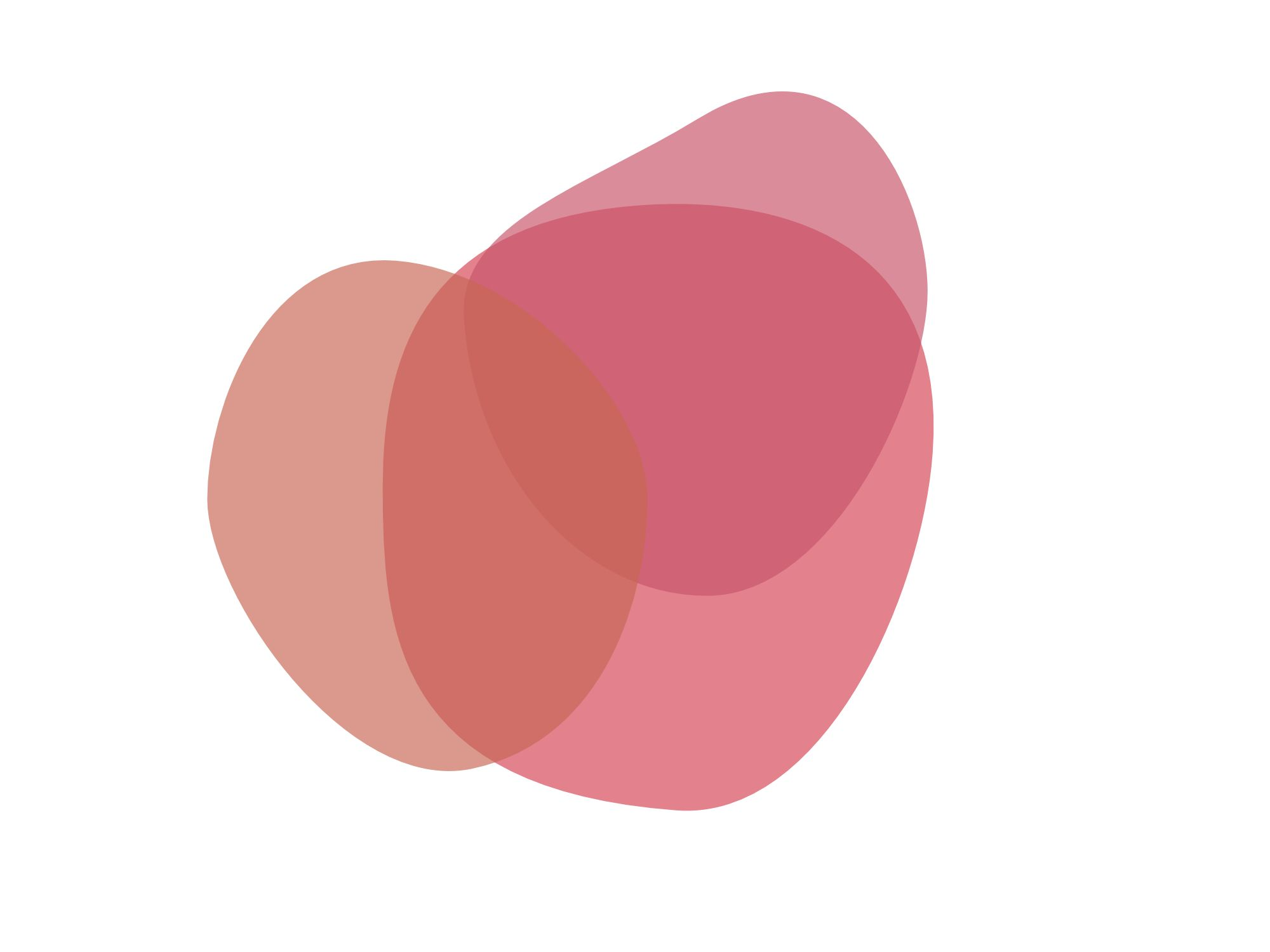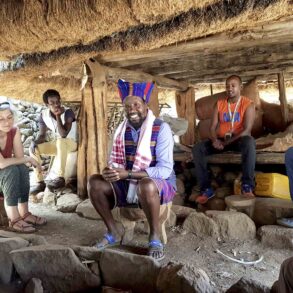Our current economic system has much to learn from the regenerative nature of the heart as a self-managing orchestrator of circulation and interdependence. The heart is the reciprocating bridge between all that happens within us and all that occurs in the spaces between us.
While economic life concerns itself primarily with the world of material matters, how we conduct ourselves in that world matters a lot. An economics divorced from human need, the value of relationships, and the earth as a living system is an economics vulnerable to the shadows of greed, abuse of power, and dehumanization. Witness the profound inequities of the current economy. The expression “hard-hearted” comes to mind. Such a way of working would never normally occur to the human heart, as its constitution is one of service to the health of the whole human organism. Just about any hindrance to this service is associated with illness. And it’s not only about the bodily—the human heart is now being seen as the foundation of intelligence through scientific inquiry into that which has long been understood within intuitional streams of knowing.1
If we take the imagination of the human heart further, we find that a key capacity of heart intelligence is recognition. The heart could not fulfill its purpose if it operated out of judgment rather than recognition. Therefore, first, it senses or recognizes a need and responds as best it can, and then it judges or estimates whether that response is sufficient and adjusts accordingly. The heart has much to teach us about sufficiency as it operates in a system of reciprocity; in other words, it recognizes its value through serving the rest of the system. Imagine, if you would, an economy that operated on this same selfless principle. How different life might be.
If we human beings are going to co-create an economy founded on sufficiency, as exemplified in the heart and circulatory system, then we need to transform our consciousness, our culture, and the process of education by reordering priorities. Specifically, recognition would have primacy over judgment, which is inherently conditional. Of course, we need both, but where does making meaning start? In habits of the heart or habits of the mind? Are we led more by what we care about or by analysis and control?
In our current iteration of economy, we are entranced with capital and disconnected from our hearts. This discord is partly the result of the inherent nature of capital, centered as it is in the head, as the origin of the word indicates. Though it is important to acknowledge that intelligence has a role to play in the development of economic value, the discord appears in the outer world as a widening gap between wealth and poverty, and in the inner world as a disintegration of beliefs, values, and behavioral decisions. Make no mistake: we need capital in one form or another, and we also need those who work with capital to be in the world in a way that values each human being and supports the regeneration of nature. Such a practice of inner integrity might then begin to heal social and ecological wounds. And health in economic life could then be restored through remedial and regenerative practices aimed at an outcome of sufficiency for the whole world of need—people and nature.
Long before textbooks, Wikipedia, and GPS, our navigation was guided by observation, experience, and the intuitive capacities of the heart. Survival required a connection to heart-knowing, whether that was the story of the stars overhead as directional pointers or the sound of rushing water as a kind of warning. The heart served as the repository of knowing and knowledge—an inner guide. We learned through our senses and remembered by heart, even if it was the head’s task to process that knowledge. Thus, consciousness has always been as much a product of the heart as of the head, despite the current myth promulgated by big data culture that data-driven decision-making is the objective path. Instead, heart sensing, heart knowing is simultaneously objective and subjective; that is, it is filled with the reality of the sense world and, at the same time, a sense of what is moral or truthful.
This wholeness of knowing is in stark contrast to the specialization cultivated in a capital or market-based economy. The isolation of specialized labor functions sits conveniently in a developing framework of commoditizing that labor, which is purchased and sold by the hour, in a competitive market. Treating labor, one’s work, as a commodity, may foster the production of profit, but it is essentially dehumanizing—and entirely disheartening.
What if people and their full livelihoods mattered more than profit? Shared practices and disciplines of knowing make it possible for each of us to discover and develop our own capacities or gifts. When those capacities operate in a field of reciprocity, to serve both self and others, the glimmering of a healthy economic life emerges. When the economy supports the offering of my capacities and in return receiving what I need from the community, I feel engaged, recognized, and valued—supported both materially and through a sense of inner fulfillment and relational connections. This is a manifestation of the reciprocity found in healthy natural systems. Every part of the human organism is permeated by circulation, but circulation is meaningless without the management of the heart, its sensitivity to our inner and outer-directed nerve-sense system and the forces of our metabolic system. Simply put, the heart embodies interdependence, an essential principle of a life-affirming economic life.
What I am describing, therefore, is a heart-centered economy, one motivated by continuous circulation, connection, and caring, and cognizant of each person’s dignity and destiny. Most importantly, it’s an economy in which the rediscovery of trust becomes the vital element that supports the circulation and regeneration of resources as common, co-produced wealth. It is fascinating to consider that the heart is naturally ethical and equitable in its gift of right action. It does not deny the needs of one part of the body over another unless it has to allocate healing resources for an interim period. It does not judge; it simply recognizes need and responds. It seeks sufficiency, and its actions are guided by the impulse to restore balance—all for the purposes of circulation and meeting the needs of the whole of a very diverse organic system. The heart does not speculate—it anticipates, and it regulates in service to the whole. This self-regenerative system is the key to the imagination of a heart-centered economy.
Can we see that we are part of a great circulation, part of both the destruction and regeneration of natural systems, and that in our economic world, we are never separate from each other? Not only by, but also from the heart, we can learn how the world can support our lives as we work consciously to support others’. In the end, it is the circulation that is the most vital. And it is the working of the human heart, the servant of the circulatory system, that demonstrates the wisdom we need to transform money, the financial system, and economic life.
Graphics Sofia Lismont













